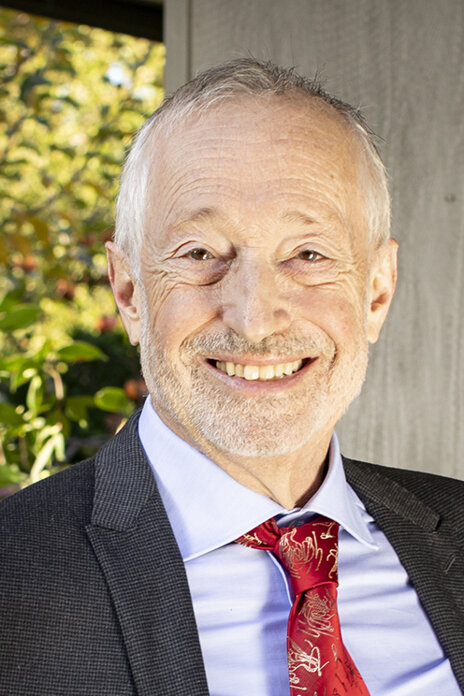A short story about a kidney donor prompted a long article in the NY Times Magazine last week, and that article has gone viral. Here's the article:
Who Is the Bad Art Friend? Art often draws inspiration from life — but what happens when it’s your life? Inside the curious case of Dawn Dorland v. Sonya Larson. By Robert Kolker
Here are some paragraphs that set the stage for the drama described in the article.
"On June 24, 2015, a year after completing her M.F.A. in creative writing, Dorland did perhaps the kindest, most consequential thing she might ever do in her life. She donated one of her kidneys, and elected to do it in a slightly unusual and particularly altruistic way. As a so-called nondirected donation, her kidney was not meant for anyone in particular but instead was part of a donation chain, coordinated by surgeons to provide a kidney to a recipient who may otherwise have no other living donor.
...
"Several weeks before the surgery, Dorland decided to share her truth with others. She started a private Facebook group, inviting family and friends, including some fellow writers from GrubStreet, the Boston writing center where Dorland had spent many years learning her craft. After her surgery, she posted something to her group: a heartfelt letter she’d written to the final recipient of the surgical chain, whoever they may be."
***********
The NYT article goes on to tell a sad story about how some of the "fellow writers" took a dislike to the kidney donor, feeling that her good deed was inspired by nothing more than attention seeking. One of them published a short fiction called "The Kindest," about just such a supposed donor (depicted as a racist or at least racially insensitive "white savior"). It contained a letter vey much like the one the real kidney donor shared. Some but not all of the dispute that followed involves the question about whether this met the legal definition of plagiarism.
********
This is a good place to (re)state my own view, as someone with a long interest in kidney exchange, that kidney donors, especially nondirected donors, are heroes whose donation does a world of good. Thousands of kidney transplants have been facilitated by kidney exchange chains begun by nondirected donors. I've met a number of such donors, and they seem to me to be by and large selfless people who did something wonderful that became a significant part of their lives, even though they don't generally regard themselves as heroes.
Listen to some of their stories here, in interviews of donors by a donor: Donor Diaries Podcast
Of course, they probably have to be a bit careful telling their stories, and discussions among donors might be safe spaces where they won't be misunderstood. That's surely an experience that donors have in common with other people who have done or experienced something remarkable, such as military veterans who are Medal of Honor winners, and who give each other needed support when recognized as such.
********
But how about art?
Here's a story in the New Yorker reviewing the short story described in the NY Times Magazine article. It asks whether the short story in question qualifies as the kind of art that might justify the liberties the author took.
The Short Story at the Center of the “Bad Art Friend” Saga. A Times Magazine feature has prompted feverish discourse about the ethics of artistic appropriation. Is the art in question any good? By Katy Waldman
"This raises the question of whether Larson did any better of a job exploiting Dorland’s kidney donation for personal gain, insofar as exploiting existing material for personal gain is a pretty good working definition of being a writer.
"By my reading, she did not. Larson lifted an extremely potent premise—the needy organ donor, seeking connection and validation—and crafted a story that manages to diminish its built-in intrigue. In fact, “The Kindest” falls short in precisely the ways the saga laid out in the Times Magazine piece might lead us to expect: it makes a cartoon of the donor character, and it over-relies on identity-inflected hand-waving. Also, the prose is bad."
***********
I don't know how much of a larger lesson is contained in all this, aside from the observation that even acts of great generosity can be viewed with suspicion, by those who are so inclined. This may have something to do with why the efforts against black markets in kidneys have turned into an obsessive campaign against compensation for donors and repugnance to any transactions that resemble rewarding donors for their generosity.
I think this is a shame. To put it another way, even if some donors were to be motivated by attention seeking, isn't it better for society if they seek attention by behaving heroically in such beneficial ways? (Just think about all the wasteful or destructive ways that attention seekers sometimes seek attention...)
I'm sticking to my view of donors as heroes.
(I even have a paper about heroism and kidney donation:
Niederle, Muriel and Alvin E. Roth, “Philanthropically Funded Heroism Awards for Kidney Donors?, Law & Contemporary Problems, 77:3, 2014, 131-144. )








